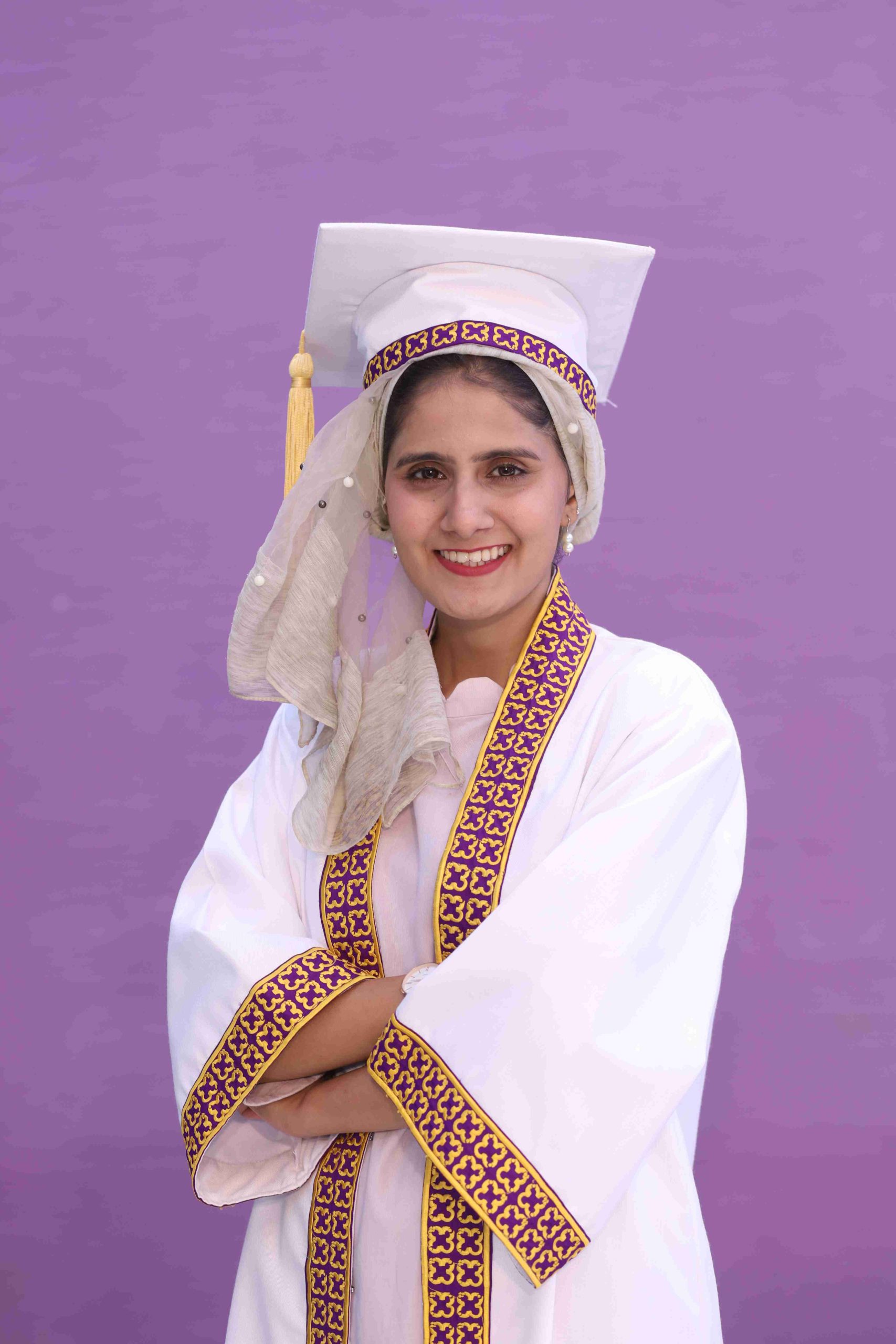
Aatika Saleem
Aspiration Statement
With strong skills in critical thinking, organization, communication, and research, my passion lies in the education sector and political science. Through my extracurricular involvement, I have developed creativity, management, leadership, and time management abilities. I aspire to use these skills and passions to make a positive impact in these fields.
Core Skills
- Communication Skills
- Ideation & Analysis
- Leadership
- Organization
- Research
- Research/Grant/Proposal Writing
- Team Work
- Time Management
Academic Awards / Achievements
- Dean's List, Fall 2022
Experience
Leadership / Meta-curricular
- Ethos Cabinet Chair, Habib University Student Body Government
- Member English Editorial Team, Kashf Habib University Yearly Magazine
- Event Lead PinkTober, SerVe Club Habib University
- Volunteer Ted Ex, HUMUN
- Learn Abroad Program, University of California Berkeley, Summer 2022
Internship / Volunteer Work
- Orientation Leader, Habib University (July 2021 - August 2021)
- Web Desk Intern, Geo News (June 2021 - August 2021)
- HU TOPS Ambassador and TA, Habib University (November 2020 - August 2021)
- TA Data Analytics, Habib University
- Resource Officer, Zindagi Trust
Publications / Creative Projects
- Presented Term Paper for the Course Political Economy of Development, IBA's Conference March 2021
- Mapped Public Bus Routes for a QGIS Project for the Karachi SRS Project (Recognized by Karachi Cartography on Instagram)
Final Year Project
Project Title
Experiencing Participation, Representing Ourselves: Politics of Young Women in Karachi
Description
Pakistan's democracy has seen lower participation from female voters than men in electoral polls and in the political sphere. This research aims to explore young urban women's experiences in political participation (voting, protests, etc.) and understand their perceptions of substantive female representation in Pakistani politics. The study finds that women's political participation is impacted by mistrust in democracy, patriarchal society, and a lack of understanding and knowledge regarding the electoral system. It also finds that women do not feel adequately represented in politics, yet found solidarity for female representatives against the patriarchal slurs thrown at them in politics. The study highlights the factors that may lead to the declining political participation of young women in urban centers and emphasizes the need for improved substantive representation of women in politics.